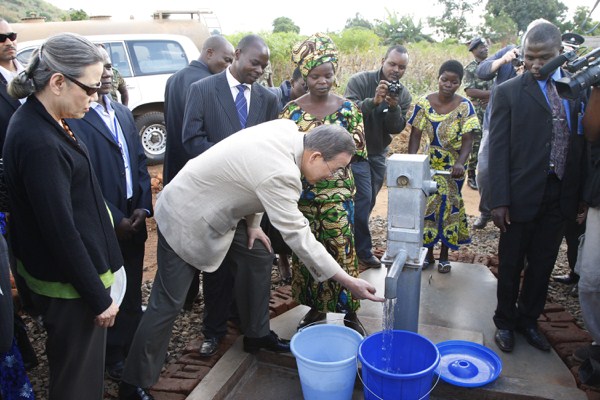Editor’s note: Guest columnist Sarah Hearn is filling in for Richard Gowan, who is on vacation this week.
At the end of March, the Organization for Economic Co-operation and Development (OECD) launched a new report about international aid and development, co-authored by myself and several colleagues at New York University’s Center for International Cooperation. The report, titled “States of Fragility 2015: Meeting Post-2015 Ambitions,” comes ahead of the United Nations Summit on the Post-2015 Development Agenda in September this year, which will adopt a new set of global Sustainable Development Goals (SDGs) to replace the Millennium Development Goals (MDGs) when they expire.
In the report, I and my co-authors argue that aid from the richest countries is failing the poorest and most conflict-affected countries because it is not always going where it is needed most. The reasons are primarily geopolitical: A disproportionate amount of aid in the “MDG era” was devoted to nation-building plans for Afghanistan and Iraq, while other fragile countries simmered below the aid radar—until crisis hit.

